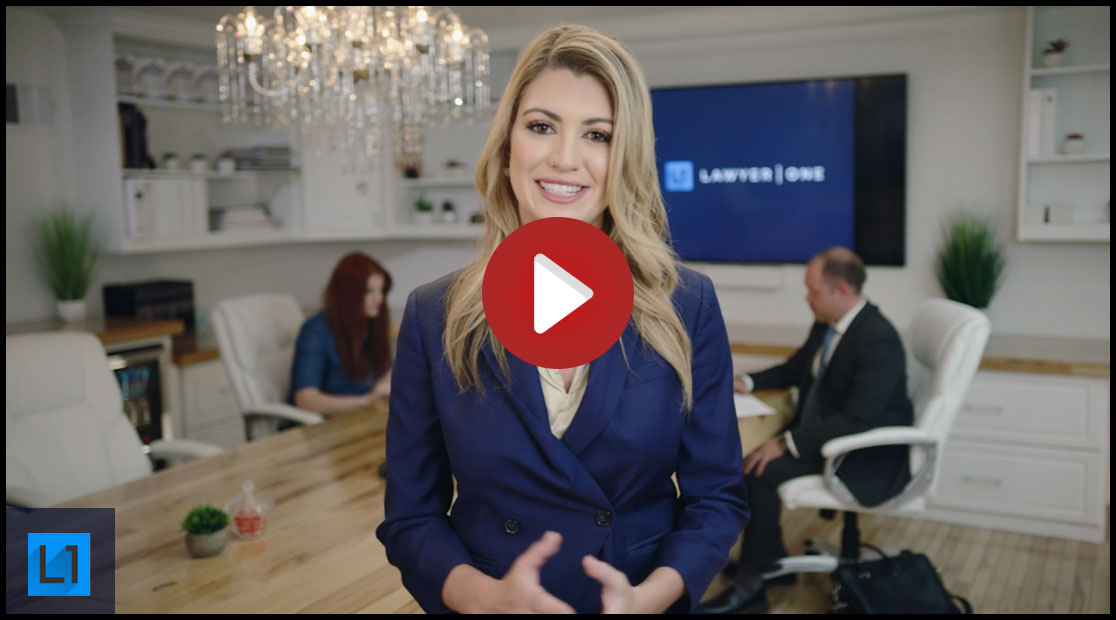Major United States Employment Law Exemptions
Full-time Students
Full-time students can receive a certificate from the Department of Labor that makes it so the student can’t be paid less than 85 percent of the minimum wage whether the employer goes by state or federal minimum wage does not matter. There are more rules set in place for this specific exemption when school is in session the student can’t work more than 8 hours a day and 20 hours weekly and no more than 40 hours when school is out.
Workers Under the Age of 20
During their first 90 days on the job, workers under the age of 20 can be making the minimum wage of $4.25. Once the 90 days are up or they turn 20- whichever comes first, the young employee will make $7.25 an hour.
Tipped Employees
A tipped employee must legally make no less than $2.13 hourly in direct wages, as long as that plus the amount of tips they make is equal to the federal minimum wage. If the employee’s tips plus any tips do not match or surpass the federal minimum wage, the employer must make up whatever difference remains. There are times where individual states have their minimum wage laws for any tipped employees. When there are both state and federal wage laws where the employee is working, the law with greater benefits will apply to them.
Student Learners
Student learners are at the youngest 16 years old and are involved in vocational education also known as shop courses. The student working these programs can make no less than 75% of the minimum wage while enrolled.
Workers with Disabilities.
Workers with disabilities are people impaired physically or mentally. Just because a worker has a disability does not mean they should receive a subminimum wage payment as long as they can still perform the job in a productive capacity.
Overtime pay
The Fair Labor Standards Act states that an employer is required to pay employees time and a half for any excess amount of time worked over 40 hours in the week. Employees are not limited to 40 hours and they can work as much as they want as long as overtime pay is provided from the employer. Saturday and Sunday do not qualify as overtime worked unless the employee is already over the 40 hours required to qualify.
Collective bargaining
Collective bargaining is the process of negotiating compensation between employers and employees. The items that can be a part of the negation include the salaries, benefits, and working conditions.
Civil rights considerations
Employees have First Amendment rights, but employers have the right to do their business practices without the interference of their employees. Civil rights protect an employee’s right to privacy as well which grants them the right to keep what’s in their bags and what they’re discussing on their phones private.
Family and medical leave
The United States does not require paid medical leave yet, the Federal and Medical Leave Act or FMLA for short was created to help. The FMLA gave employees the ability to take unpaid leave with job protection for medical or family reasons, just as long as the reason is specified. The Act grants employees 12 workweeks of leave within 12 months.
Approved reasons for leave include:
- Maternity leave (must be used within one year of the birth to be valid)
- If an employee gets placed with an adopted or foster child (Must also be within the first year of placement)
- If an employee’s child, spouse, or parent has a serious health condition and needs to be cared for.
- An urgent matter arises surrounding the employee’s family member being an active duty military member.
- If an employee is a servicemembers spouse, daughter, son, parent, or kin 26 workweeks of leave during 12 months can be used to care for the servicemember.
Safe working conditions
OSHA the Occupational Safety and Health Act of 1970 protects employees from predictable hazards at work including conditions that are likely to cause injuries like, extreme temperatures- hot or cold, chemicals, noise, and sanitation problems. OSHA was set in place to have workers be protected from resources outside of their workplace. If an employee needs to report something to OSHA their employer cannot punish or fire them for the report.
Employers can’t discriminate based on protected characteristics
The U.S. Equal Employment Opportunity Commission has federal laws set in place prohibiting discrimination. Discrimination is not tolerated towards employees in the workplace, the laws about discrimination in the workplace vary from state to state but the basis of things that cannot be discriminated against includes race, religion, age, color, sex, or national origin. Some of the main laws that are set in place to protect workers against discrimination include:
The Pregnancy Discrimination Act:
The Pregnancy Discrimination Act (PDA) protects against discrimination while pregnant on any level during employment. This includes hiring, firing, job assignments, pay, layoffs, promotions, training, and fringe benefits, like paid and unpaid leave as well as health insurance. If for whatever reason the pregnancy causes impairments that leave the pregnant person unable to fully perform the job as usual, like preeclampsia or gestational diabetes the employer may treat that employee like they do for any other temporarily disabled employee. Some impairments caused by pregnancy also could qualify as disabilities under the Americans with Disabilities Act (ADA). In that case, the employer must provide reasonable accommodation like leave or job modifications that make it possible for the employee to work.
Title VII of the Civil Rights Act of 1964:
This act makes it illegal to discriminate against someone due to their race, sex, color, religion, or national origin. This act makes it possible for workers to file a claim without fear of retaliation because they are protected under this law.
The Equal Pay Act of 1963 (EPA):
This act ensures that men and women will receive the same pay when they are performing the same jobs and protects from a wage gap based solely on gender.
Title I of the Americans with Disabilities Act of 1990 (ADA):
This title prohibits the discrimination of people with disabilities when hiring or during the time that they are employed.
The Age Discrimination in Employment Act of 1967 (ADEA):
Protects employees and potential employees who are age 40 and up from being discriminated against in the workplace.







